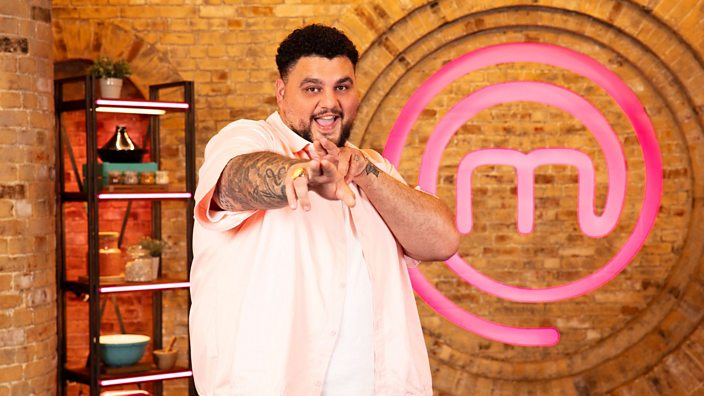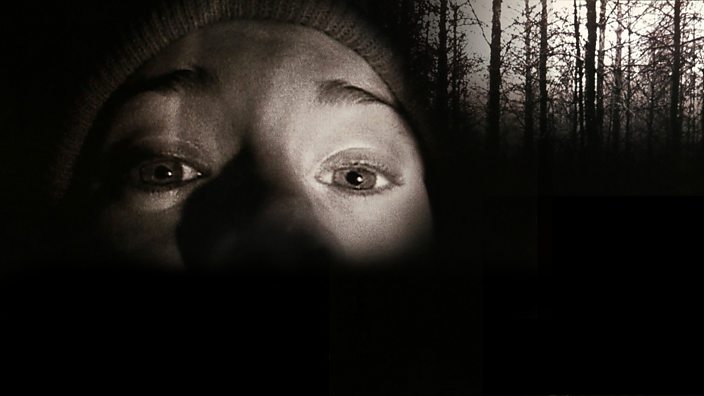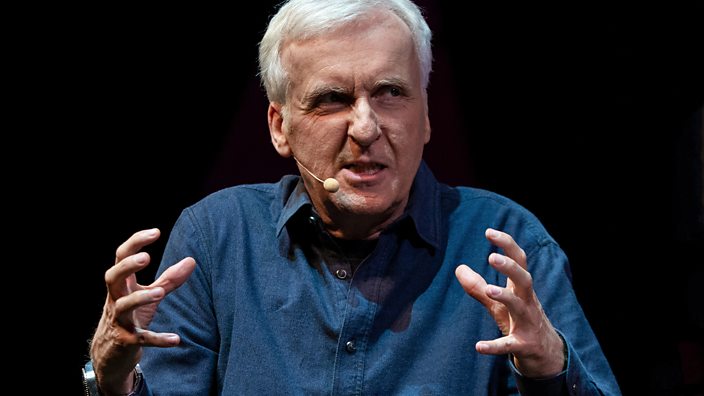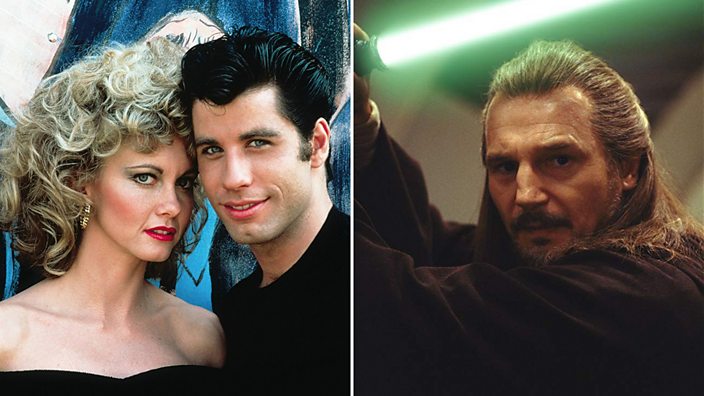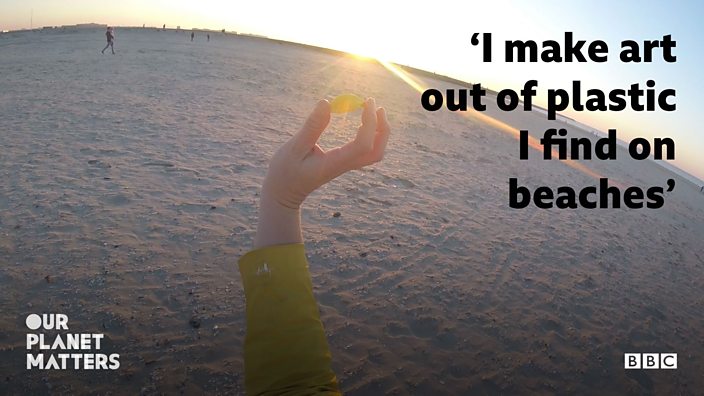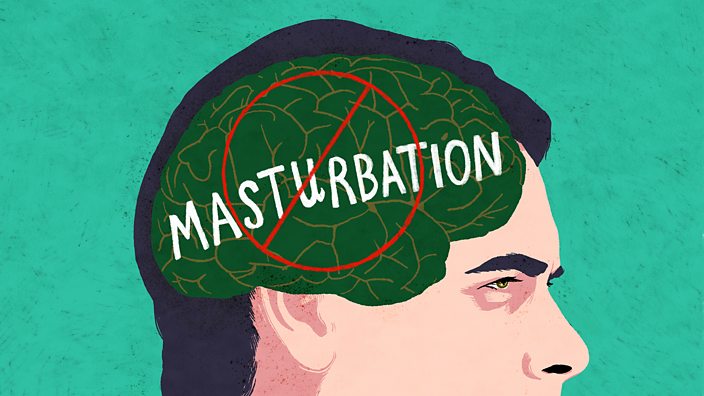
The Bodyguard row proves it's time to get real about spoilers
How much time has to pass before we can discuss plot twists on Twitter without fearing a backlash?
*Let's say upfront: this article contains potential spoilers about episode four of BBC One's thriller, Bodyguard. If you're still catching up, why not go watch it, then come back to us?*
They say you're only ever two clicks away from a spoiler on the internet. Well, we're saying it anyway.
This is especially true for regular users of Twitter, the preferred medium for posting real time reaction to TV and live events - as well as for sharing post-broadcast recaps, hot takes, takedowns, and SEO-tailored reaction articles about big plot twists.
In such an environment, spoilers will inevitably happen. And a case in point is the latest episode of the BBC's hit thriller, Bodyguard.
In the spirit of trying to stay as spoiler-free as possible, let's just say that there was a ma-hooo-sive plot development in last Sunday's episode that entirely pulled the rug out from underneath viewers.
Afterwards, people were eager to discuss what they'd just watched. And that's when the spoiler problems started.
*Only click the links below if you're happy to see spoilers*
First up, Keeley Hawes - Bodyguard's Haw-mazing leading lady - tweeted a message that could be interpreted as a spoiler. And then Radio Times tweeted an image of the cover from this week's edition, which is, to say the least, spoiler-tastic.

Writer India Knight retweeted something about the episode, and such was the torrent of fury rained down upon her that she deleted it just for the sake of her Twitter mentions.
This whole experience proves that we, as a TV-loving society, are no closer to resolving the bitter, increasingly heated debate about spoilers. What constitutes a spoiler anymore? And what's an acceptable window of time that has to pass before you don't have to worry about spoiling a TV show or movie?
Or should it be the case that everyone simply says nothing about anything...ever?
In our age of catch-up and streaming - when you can curate your own viewing schedule - the levels of skill and agility required to dodge spoilers becomes positively Olympian.
Whether it's a plot twist in a buzzy drama like Game of Thrones - a true lightning rod for spoiler complaints - or the latest contestant voted off Strictly, RuPaul or GBBO (or, indeed, the GBBO winner), if you're not watching in real time, you're entering the spoiler danger zone. Unless of course, you're one of those people who love spoilers and seek them out on purpose.
The thing is, spoilers can mean different things to different people. It's not just about revealing a plot twist in real time. It can also mean a hint that a twist/surprise is forthcoming.
As our TV and movie-watching practices become ever more bespoke - and as the internet enables ever more spoilers - it seems like we need a strict code of conduct about this most fraught of subjects.
What could this internet etiquette - 'netiquette', if you will - involve?
1. If something huge happens in a TV show or movie - is there really a need for you to state the spoiler outright on social media? Maybe, instead, you could say, 'I need to talk about this. DM me if you've seen it'.
Related to this: don't be needlessly spoiler-y. You might slip up and reveal something - it happens. But don't do it on purpose. If you really can't help yourself, maybe take a cue from the 'no context spoilers' meme, which communicates in a kind of hidden code that only those who've seen the episode/movie in question will grasp, but still retains most of the mystery for those still playing catch up.
For example, here's one such spoiler about Avengers: Infinity War.
2. If you're a media organisation, don't put spoilers in images, headlines or, ahem, on magazine covers. Give readers plenty of warning and opportunities to opt out.
3. Start a private WhatsApp group with friends to discuss TV shows/movies rather than debating spoilers publicly on your Facebook page/Insta Stories for all to see.
4. Protect yourself, if you're especially spoiler-allergic. Mute certain key words/hashtags on Twitter. See if there's any spoiler-blocking extensions you can instal in your internet browser. Get creative!
5. Accept some responsibility and be realistic. You might be three weeks behind on a TV show or never seen The Sixth Sense - which will be 20 years old next year - and, in those instances, the element of surprise isn't - and probably can't be - sacrosanct. Don't stress it too much - there's sure to be loads more twist-heavy TV shows for you to get on board with at launch.
And if all else fails, there's the timeless advice: stay off social media until you've caught up.
So let's try to settle this:
Read more:



